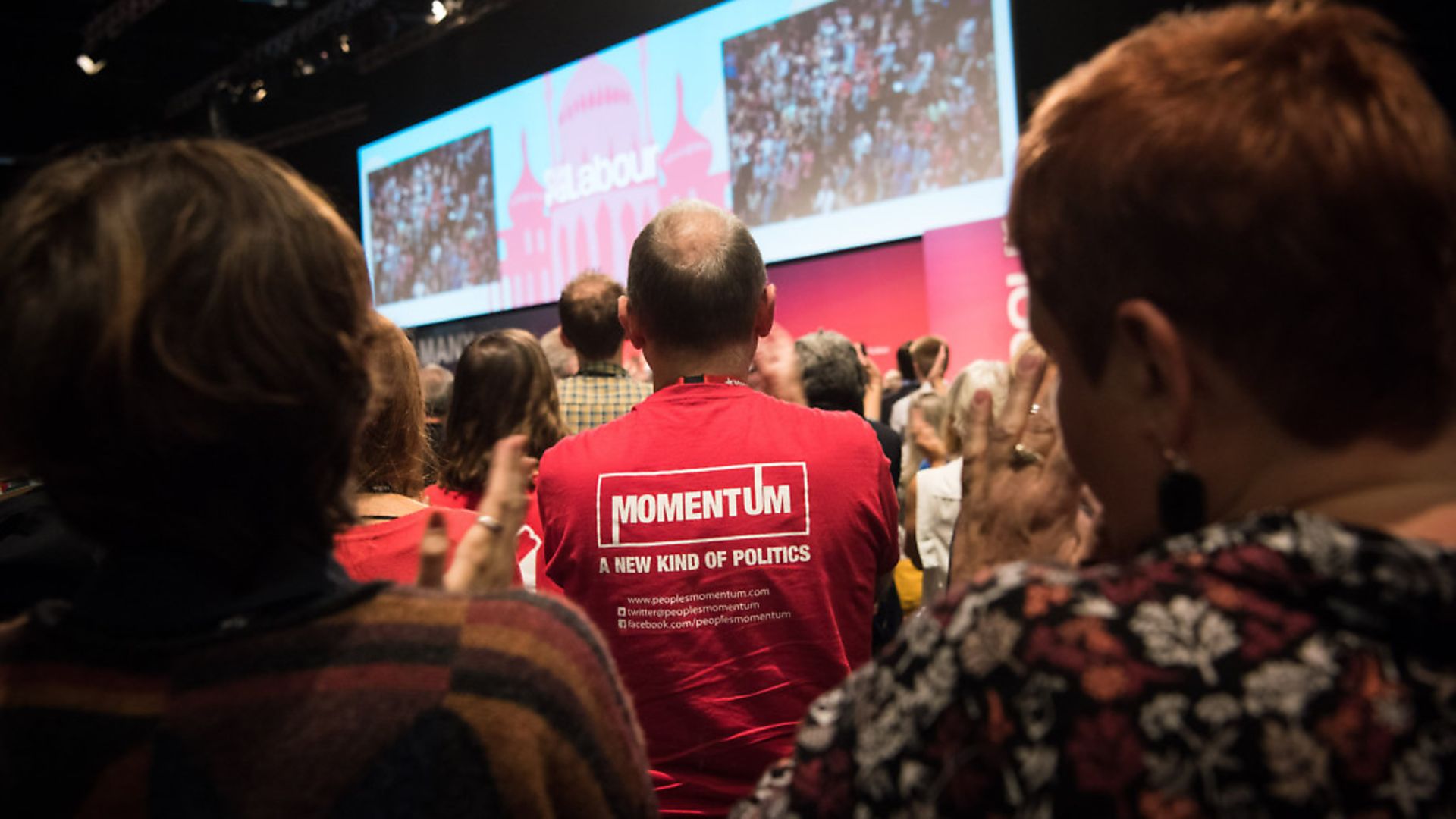
The co-ordinated Twitter bashing by key Corbynistas shows what the Labour leader really thinks of Brexit, writes Jonathan Hendrick.
https://twitter.com/mattzarb/status/1005410512522407936
The co-ordinated Twitter bashing of Remainers by several Corbyn surrogates ahead of this week’s big parliamentary votes leave us in little doubt what Labour’s leadership really thinks of Brexit.
We’re told by Matt Zarb-Cousin, Aaron Bastani and others that ordinary people have little interest in Brexit as they grapple with day-to-day effects of Tory austerity, the declining NHS and our shambolic transport system.
I seem to remember some of these people making the same arguments in the afterglow of the general election a year ago, when Zarb-Cousin claimed that Brexit had never come up on the doorstep.
Then came the giant British Election Study of 30,000 voters which said that by a huge margin, the No.1 issue which had decided their vote was Brexit.
The Corbyn clan went quiet about Brexit for a while after that.
They should try it again.
Jonathan Hendrick
Manchester
Sir Keir Starmer’s claim that Norway has a hard border with its EU neighbour, Sweden, and therefore Labour MPs had to resist supporting the Lord’s amendment on EEA alignment to avoid this happening between Northern and Southern Ireland is barely credible.
Anyone who has crossed the frontier between Norway and Sweden, or indeed Norway and Finland, would never characterise these as ‘hard borders’.
All three countries have operated open borders since 1959, long before Sweden and Finland joined the EU, while all three countries are members of the Schengen Area, which the UK isn’t.
Only one of the 80-odd Norwegian-Swedish road crossings has a permanently manned police presence and while automatic number plate recognition technology was piloted by Norway in 2011 and extended in 2015, this was largely in response to security and migration concerns, rather than custom controls, and remains extremely limited. Norway does have a hard border, but that is with Russia.
Indeed on most counts – but in particular allowing full access to the single market while still permitting the UK to pursue trade deals with non-EU countries – the Norway EEA/EFTA model remains the most sensible for the UK (and politically acceptable to both parts of Ireland) short of retaining full EU membership.
Paul Dolan
Northwich
• Send your letters for publication in The New European to letters@theneweuropean.co.uk
Warning: Illegal string offset 'link_id' in /mnt/storage/stage/www/wp-includes/bookmark.php on line 357
Notice: Trying to get property 'link_id' of non-object in /mnt/storage/stage/www/wp-includes/bookmark.php on line 37






